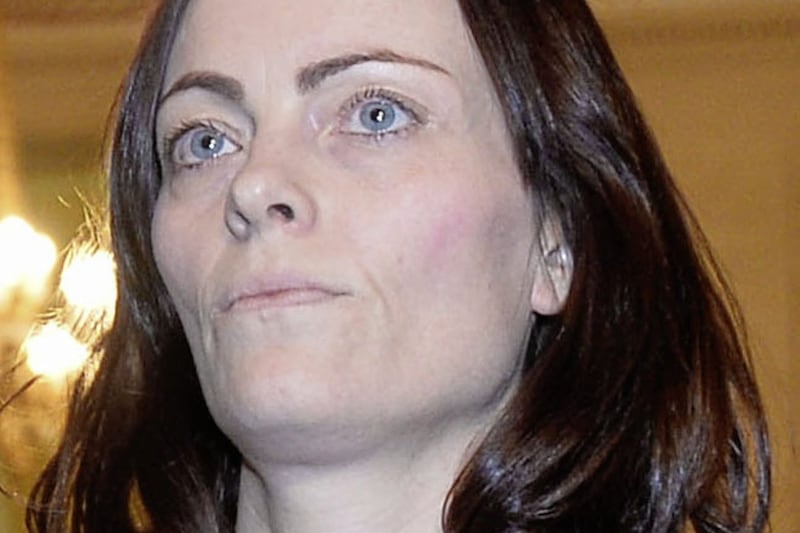PATIENTS of Dr Michael Watt who have received recall letters have been urged to have their treatment urgently reviewed.
SDLP deputy leader Nichola Mallon said it is imperative that all patients have received the correct diagnosis.
The North Belfast MLA said the SDLP has been calling since May for the Department of Health and Belfast trust to "set out clearly the pathway for reassurance for discharged patients who were formerly under the care of Dr Watt" as many had been left distressed.
"One of the most common concerns of patients at the heart of this is the lack of information and communication....as to what is happening and the next steps for them. Lessons around all of this, based on patient feedback, must be listened to and acted on so that the stresses of patients are not added to by leaving them feeling they are completely in the dark," she said.
Sinn Féin MLA Pat Sheehan MLA said those who have received recall letters should make a review appointment.
“My engagement with the Department of Health and neurology consultants suggests a shortage of neuro-psychologists to meet demand from affected recall patients," he said.
“While I appreciate the challenges involved in the neurology recall I am not convinced sufficient action is being taken to address the shortage in neuro-psychologists.
“I will continue to engage regularly with the department on both neurology recalls to make sure affected patients are receiving the care and support they need."
Alliance Health spokesperson Paula Bradshaw MLA said:
“The Chief Medical Officer himself has accepted this whole episode has led to a significant decline in public confidence about the entire health service, particularly with regard to neurology,” said Ms Bradshaw.
“In some ways it is good patients who may have had concerns will now be seen swiftly. However, significant concerns will remain and we are at a stage where there are more questions than answers concerning exactly why issues were not flagged up sooner.”
David Galloway, director of MS Society NI, said the recall has proved stressful for some patients.
He said while many patients have had a positive experience of the recall others have faced "life-changing news" after it emerged they had been misdiagnosed and incorrectly treated.





